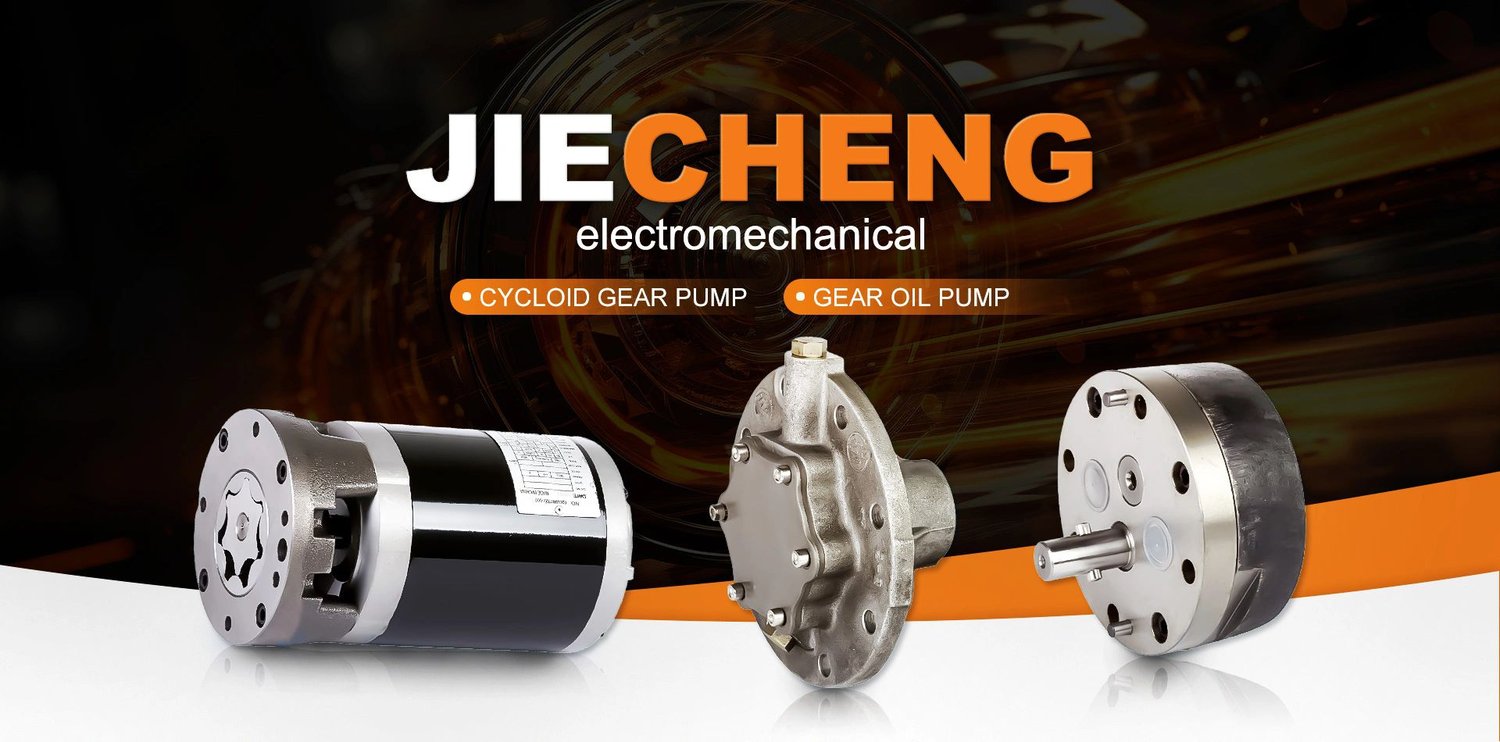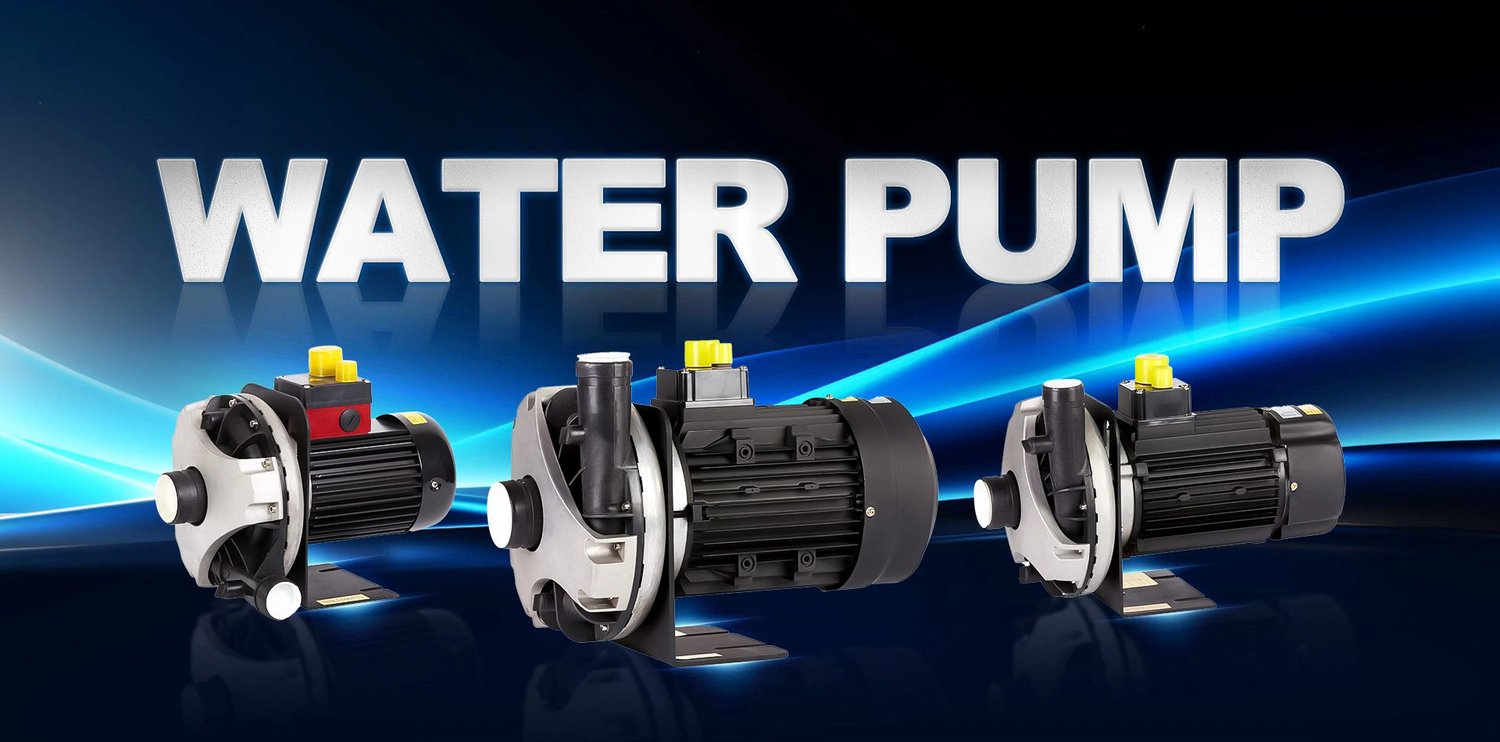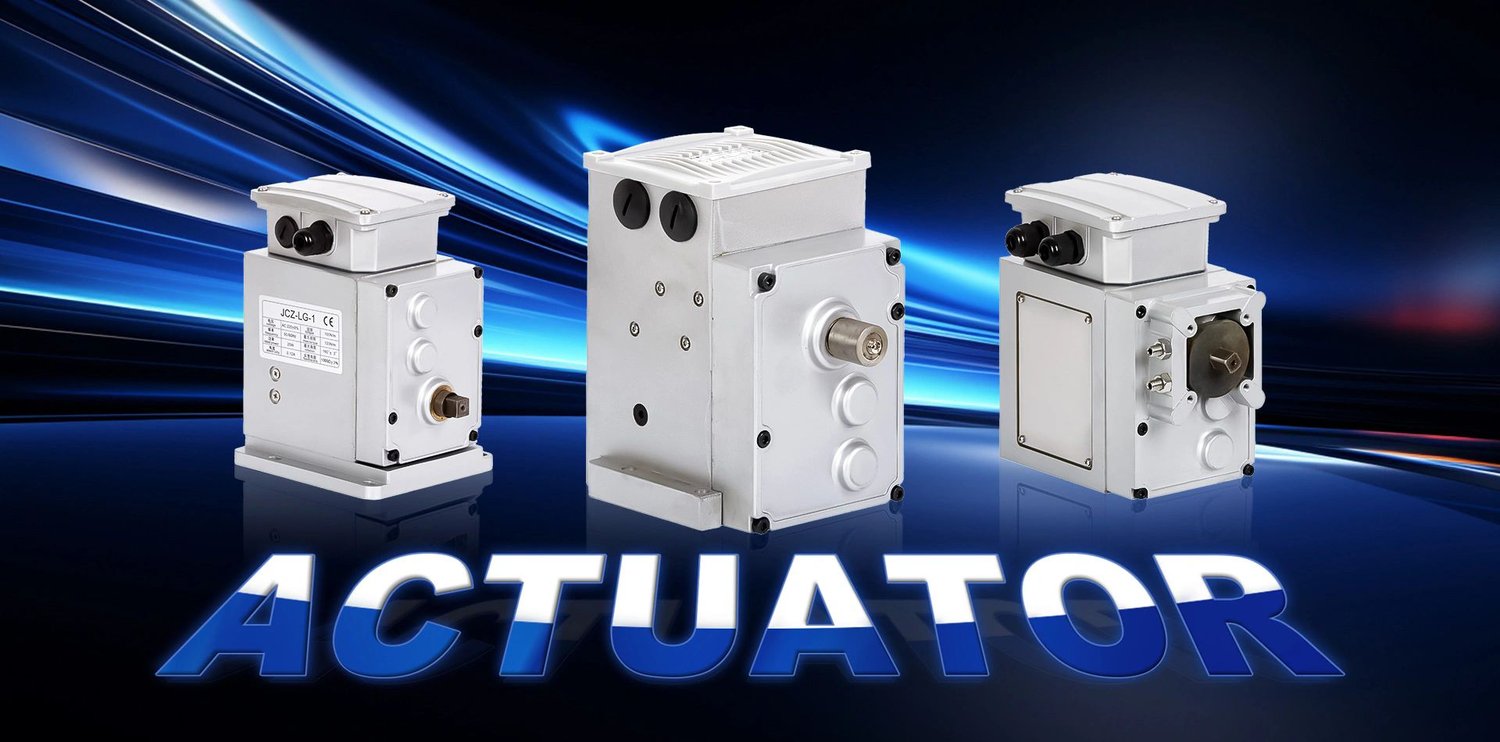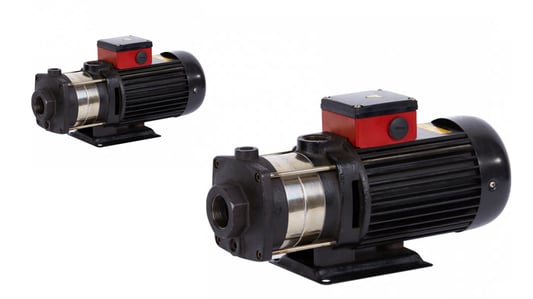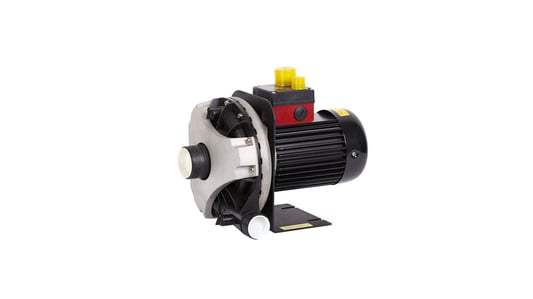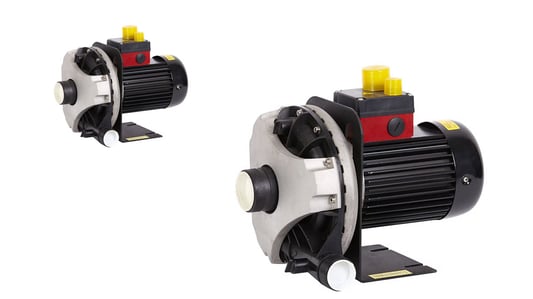What is an industrial water pump?Industrial water pumps are essential tools used in various industries to move large volumes of water. They are designed to be durable and powerful, capable of handling the demands of heavy-duty applications. These pumps come in different types and sizes to suit specific needs, ranging from small-scale operations to large industrial settings.The Function of Industrial Water PumpsIndustrial water pumps are primarily used to transfer water from one location to another. They can be used for a wide range of applications, including irrigation, wastewater treatment, cooling systems, and more. These pumps are designed to handle different types of liquids, such as dirty water, chemicals, and slurry, making them versatile tools in industrial settings.Types of Industrial Water PumpsThere are several types of industrial water pumps available on the market, each designed for specific applications. Some common types include centrifugal pumps, diaphragm pumps, submersible pumps, and piston pumps. Each type has its unique features and benefits, making it suitable for different industrial processes.Factors to Consider When Choosing an Industrial Water PumpWhen selecting an industrial water pump for your specific application, there are several factors to consider. These factors include the flow rate, pressure capacity, power source, material construction, and maintenance requirements. It is essential to choose a pump that meets your industrial needs and can withstand the demands of your operation.Benefits of Using Industrial Water PumpsIndustrial water pumps offer several benefits to industries, including increased efficiency, cost-effectiveness, and reliability. These pumps are designed to perform consistently under heavy-duty conditions, ensuring a smooth operation and minimal downtime. They also help in conserving water resources and reducing energy consumption, making them environmentally friendly options.Common Industrial Water Pump ApplicationsIndustrial water pumps are used in a wide range of applications across various industries. Some common applications include wastewater treatment plants, agricultural irrigation, chemical processing, mining operations, and power generation facilities. These pumps play a crucial role in ensuring the smooth operation of industrial processes.Maintenance and Care for Industrial Water PumpsProper maintenance and care are essential for prolonging the life of industrial water pumps and ensuring their efficient operation. Regular inspection, cleaning, and lubrication of pump components are necessary to prevent breakdowns and costly repairs. It is also essential to follow the manufacturer's guidelines for maintenance and operation to maximize the pump's lifespan.Choosing the Right Industrial Water Pump for Your NeedsTo choose the right industrial water pump for your specific needs, it is crucial to assess your requirements and select a pump that meets those criteria. Consider factors such as flow rate, pressure capacity, material construction, and power source when making your decision. Consulting with a pump specialist can also help you narrow down your options and find the best pump for your application.Top Industrial Water Pump ManufacturersThere are several reputable manufacturers of industrial water pumps that offer high-quality products for various industrial applications. Some top manufacturers include Grundfos, Sulzer, KSB, Wilo, and Xylem. These companies are known for their reliability, durability, and performance in providing industrial water pumping solutions.ConclusionIndustrial water pumps are crucial components in many industrial processes, providing efficient and reliable water transfer solutions. By understanding the different types of pumps, their applications, and factors to consider when choosing one, you can select the right pump for your specific industrial needs. Proper maintenance and care are also essential to ensure the longevity and performance of your industrial water pump.Quote Inquirycontact us

